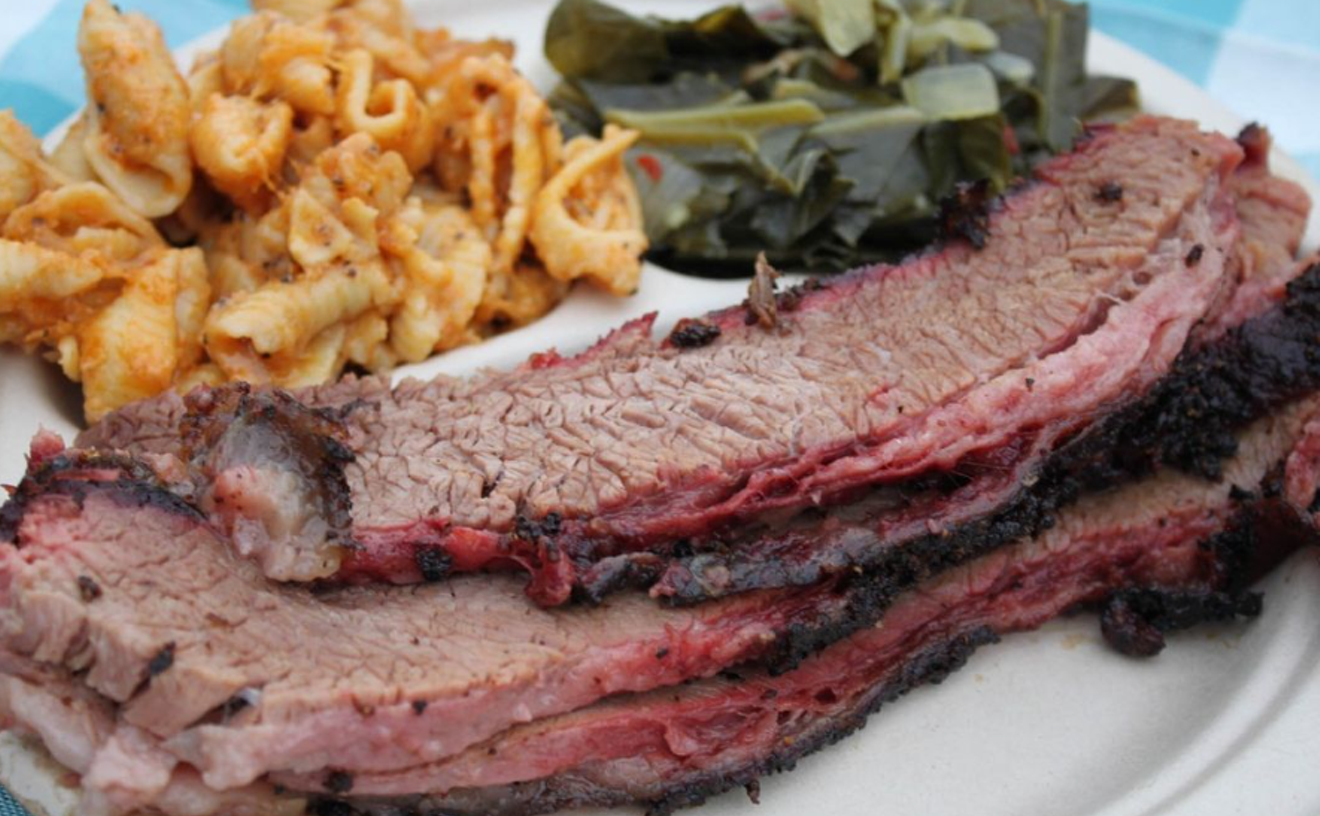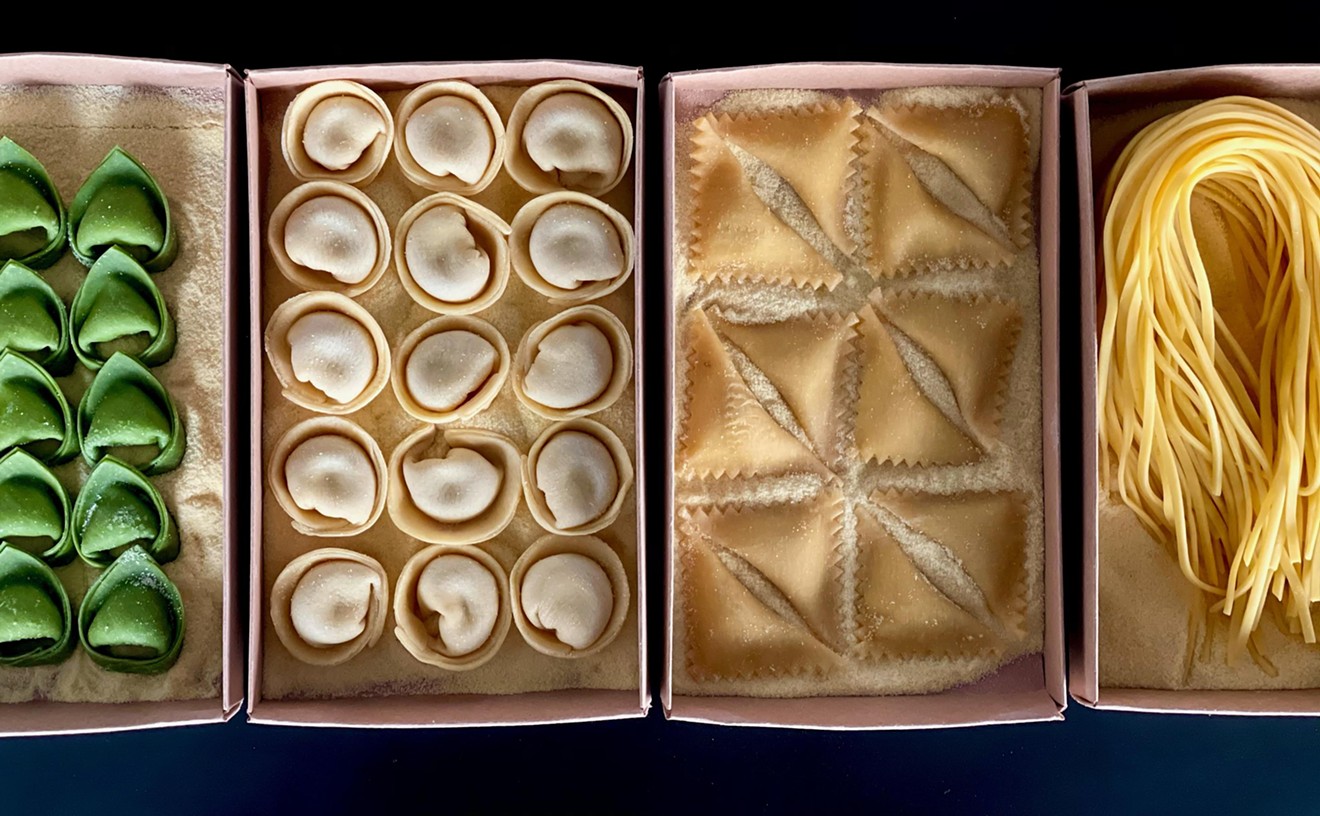For years, there were hard-and-fast rules about restaurant criticism. Critics shall remain anonymous. Critics shall not accept free food. Critics shall eat more than one meal before forming an opinion, and won’t have said meals until the restaurant has been open long enough to work out the kinks. The Internet changed all that, with Yelpers and Instagrammers weighing in as early as opening night and some critics writing reviews shortly thereafter. Adam Platt, restaurant critic at New York magazine, pushed these changes further when he announced in late 2013 that he was lifting his veil of anonymity. Rules? What rules?
With all of this in mind, I wanted to share the guidelines I follow when writing a review.
I believe in anonymity. There’s simply no way to draw opinions about the level of food and service that a restaurant is delivering to the average diner if I’m recognized when I walk in the door. While it’s true that chefs can’t remake the dough for handmade pasta or stuff chicken ballotine with newly made sausage, they can hover over a pot to make sure noodles cook for the right amount of time and not a minute longer, and they can coax chicken skin to that delicious, crackly state of golden. And until servers are replaced by robots, the people who are guiding you through your meal can – and will — pay more attention to anyone they feel is a VIP. I’ve seen it happen, both in Denver and other cities, when I was the guest of someone with a high-profile face. If I were to write a review based on special treatment, would that be helpful? Would that help you decide where you want to grab dinner on a Tuesday, or where you want to take a date? All it would tell you is how well a restaurant is capable of performing, not how well it’s likely to perform when you sit down at the table.
Second, I don’t eat for free. That’s important, because if restaurants comped my meals, I’d be beholden to them; it's like a lobbying group currying favor with a politician. I’d no longer be a restaurant critic, I’d be a food writer, someone who can and should attend press events and rub elbows with chefs. You’d be surprised how often restaurateurs forget the difference, inviting me in for a free meal when I call them for fact-checking. Some, in fact, seem to think my reviews are a form of public relations, like a press release that touts only the positive. To call everything good would be to dishonor the truly extraordinary work going on in certain kitchens and dining rooms around town.
Third, I believe in eating more than one meal before forming an opinion. This can be frustrating to the people I’m dining with, who want to know the 411 and blurt out, “So, what did you think?” the moment we’re out the door. Truth is, one meal can signal a bad day, an absent chef, a server who broke up with his significant other, etc. A pattern of bad meals, however, says something else entirely. The trick is to eat enough meals to discern the pattern.
There’s one more rule, and it concerns how long a critic should wait after a new restaurant opens to write a review. That’s a sticky issue, one that's come up a lot in recent reviews, including this week's assessment of Baur's Restaurant and Listening Lounge, where chef-owner Dory Ford says he started "doing some retooling" three months after the place opened. I’ll address that issue next week — because the restaurant I'm reviewing then is part of this story, too.
[
{
"name": "Air - MediumRectangle - Inline Content - Mobile Display Size",
"component": "12017618",
"insertPoint": "2",
"requiredCountToDisplay": "2"
},{
"name": "Editor Picks",
"component": "17242653",
"insertPoint": "4",
"requiredCountToDisplay": "1"
},{
"name": "Inline Links",
"component": "18838239",
"insertPoint": "8th",
"startingPoint": 8,
"requiredCountToDisplay": "7",
"maxInsertions": 25
},{
"name": "Air - MediumRectangle - Combo - Inline Content",
"component": "17261320",
"insertPoint": "8th",
"startingPoint": 8,
"requiredCountToDisplay": "7",
"maxInsertions": 25
},{
"name": "Inline Links",
"component": "18838239",
"insertPoint": "8th",
"startingPoint": 12,
"requiredCountToDisplay": "11",
"maxInsertions": 25
},{
"name": "Air - Leaderboard Tower - Combo - Inline Content",
"component": "17261321",
"insertPoint": "8th",
"startingPoint": 12,
"requiredCountToDisplay": "11",
"maxInsertions": 25
}
]










